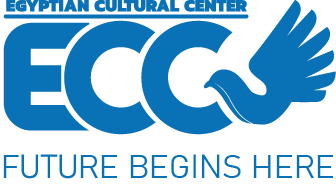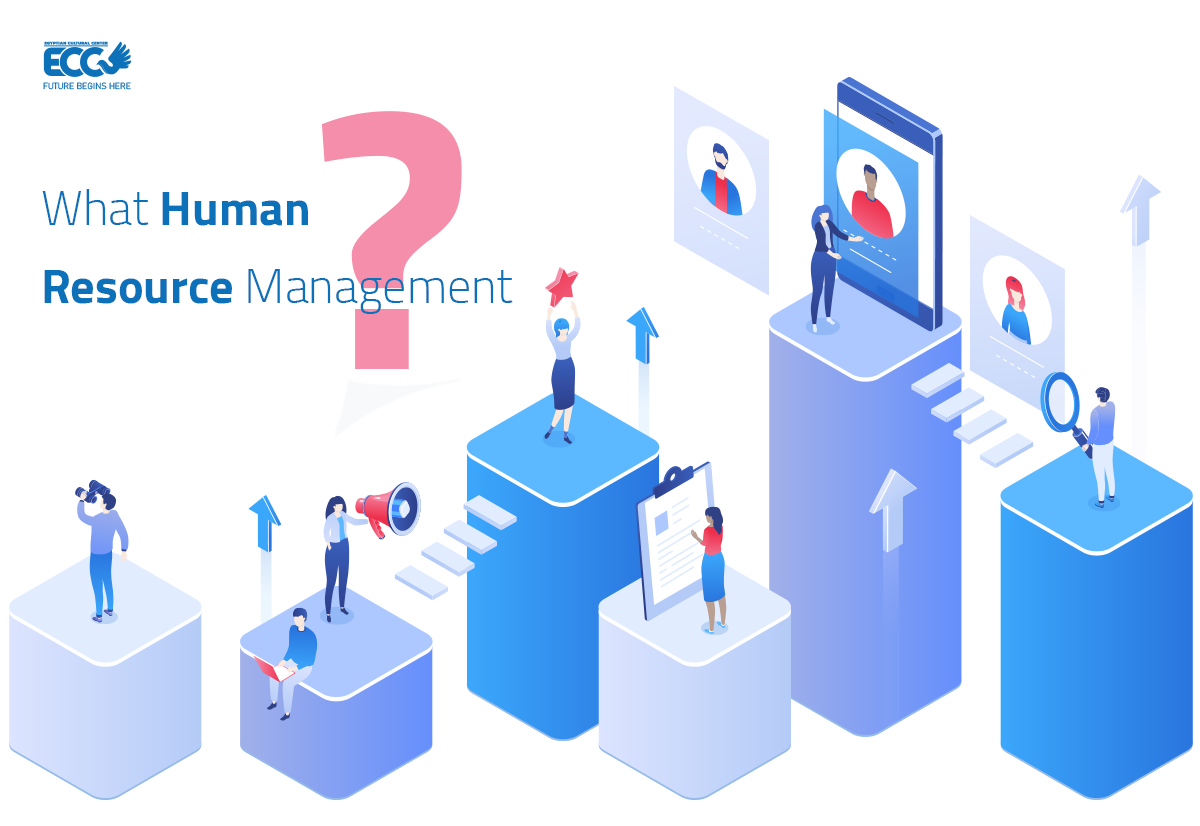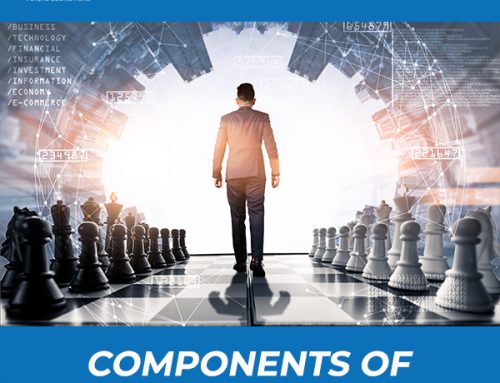Human resource management helps the human beings that make up a company to support the achievement of objectives.
and it is one of the main functions of the company and that is why the way in which employers seek to find the most suitable employees for each position and for each moment, who have sufficient training to perform the tasks entrusted to them and develop their work efficiently to achieve the ends of the organization.
Human resource management means:
The importance of human resource management lies in the fact that the company must currently respond to the changes experienced in society in general and in the world of work in particular, including:
- Increased competition and therefore the need to be competitive.
- The costs and advantages related to the use of human resources.
- The productivity crisis
- The increase in the pace and complexity of social, cultural, regulatory, demographic and educational changes.
- Symptoms of disturbances in the functioning of workplaces.
- Trends for the next decade
human resource management advantages
Organizations can achieve competitive advantages:
They improve the efficiency or effectiveness of the organization. The value increases when workers find ways to cut costs, provide something unique to customers or users, or some combination of these points.
- Your skills, knowledge, and abilities are not within the reach of the competition.
- Others cannot imitate your abilities and contributions.
- Their talents can be combined and deployed to work on new tasks as needed.
Modern Human Talent Management goes beyond the Administration of People but is oriented to Management or Administration with People. This is the challenge: to make people feel and act as members of the organization, actively participate in a process of continuous development on a personal and organizational level and be the protagonists of change and improvement.
human resource management 5 keys
In order to live up to the new role assumed by HR, HR professionals or those who perform such a role also need to develop five key competencies:
- Knowledge of the Organization.
HR success is not measured by its activities, but by organizational results. When organization managers are specified which HR practices could improve the quality of management and what results could be expected, they are much more favorable to investing in HR.
- Implementation of Human Resources practices.
– Be able to identify which practices offer a higher return on investment, which ones have the greatest strategic impact or influence workers the most.
- Cultural management.
– HR professionals would be called to work as a team with critical areas and design the improvement of processes. Likewise, the participation of users in the improvement processes could be considered, both in the diagnosis and in the suggestions and design of the improvements.
- Change management.
– HR professionals must understand the influencing factors and the specific situation of their organizations in order to respond appropriately to the demands and problems that arise along the way.
- Personal credibility
– People who also have a strategic knowledge management competence will be increasingly appreciated.
Objectives of human resource management
The objectives of human resource management must contribute to the company producing more and being the best in faithful compliance with the business strategy. In this framework, human resource management seeks to improve work performance, offer well-being to employees, and clearly explain the tasks to be performed.






Leave A Comment